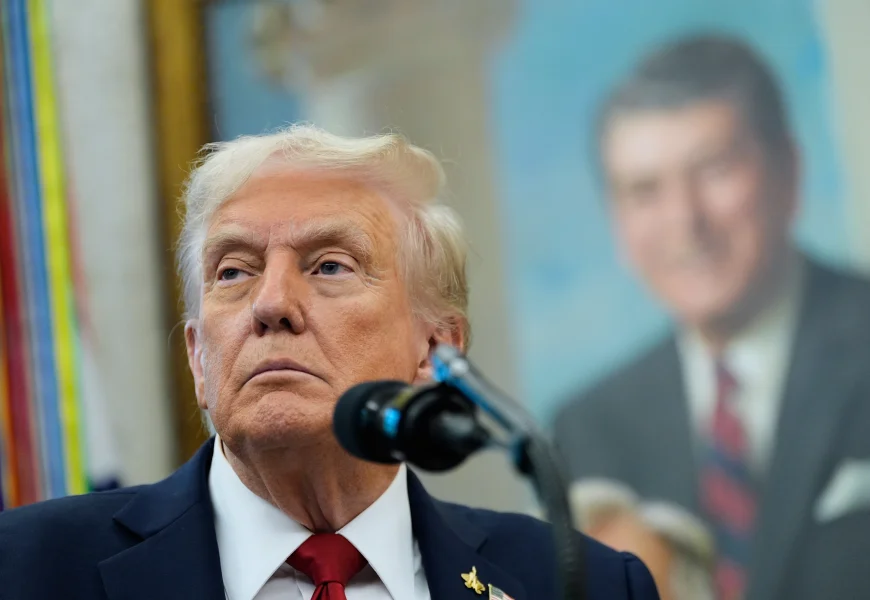WASHINGTON (AP) – The U.S. government had shut down, and Donald Trump was calling on Democrats and Republicans to work together to get out of the mess. “You have to get people in a room, and you have to just make deals for the good of the country,” Trump remarked. The year was 2013, and Trump was then a business mogul who had yet to enter politics.
Everybody in Washington hates a shutdown until it becomes a useful tool
WASHINGTON (AP) – The U.S. government had shut down, and Donald Trump was calling on Democrats and Republicans to work together to get out of the mess.
“You have to get people in a room, and you have to just make deals for the good of the country,” Trump remarked.
The year was 2013, and Trump was then a business mogul who had yet to enter politics. Now that he is president, Trump and his fellow Republicans are taking a strikingly different posture, refusing to negotiate with Democrats in a shutdown that the GOP say the minority party instigated.
Just last year, Senate Democratic leader Chuck Schumer of New York was criticizing ideologues who “amazingly believe that causing a shutdown is somehow a good thing, if it gets them what they want.” Now Schumer and most other Democrats are rejecting bills to open and fund the government because they want health care provisions included.


